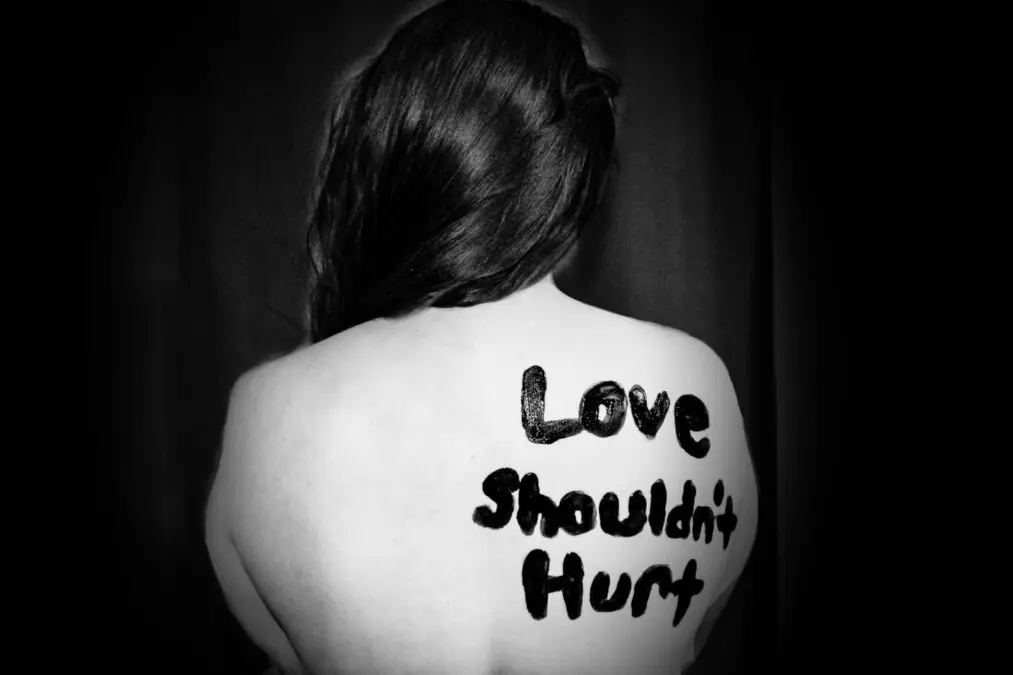“Unwanted sexual contact and violence in North Korea are so common and are now accepted as part of everyone’s life,” the report said.
A detailed 98-page study by Human Rights Watch (HRW) shows frightening examples of abuse of women by high-ranking officials in North Korea and going unpunished. Of particular concern is the fact that such a practice is common, and the routine harassment of women is almost a “hobby” carried out by everyone, from police officers and prison wardens to principals.
“Unwanted sexual contact and violence in North Korea are so common and have already been accepted as part of everyone’s life,” said a report over a two-year period. During the study, they spoke to a number of women who fled North Korea to protect themselves from such violence. Sexual harassment in the country is a “public secret that is tolerated in some way,” says Kenneth Roth of HRW.
“Women in North Korea would certainly participate in the Me Too campaign, if possible, if they were sure that their voices, despite Kim Jong Un’s dictatorship, would be heard,” he said. Of all the women interviewed for the purposes of this report, only one admitted to having tried to report the abuser and his behavior. The others are not because “they do not trust the services and believe that the police will not do anything,” the report said, CNN reported.
A 40-year-old saleswoman who fled North Korea seven years ago recounts how police approached her at the market and took her to an empty room or somewhere else they chose. “They think of us as sex toys,” she says.
The woman says that violence is so common that it has somehow become a normal activity, something that bullies do and women suffer from fear.
Health workers fleeing the country say “there are no protocols for treating or screening victims of sexual violence that allow them to be treated or provided with evidence,” the report said.
Interviews with 72 women, four girls and 30 men included in this study were conducted outside the country. 90% of the women known to the former police officer and victim of sexual violence, Heo Jong-hae, were abused. One of her 17-year-old girlfriends is considering suicide after such an attack.
“She said she cried inconsolably and wanted to die. Her parents told her to go home before dark to avoid being raped, but such things happen in broad daylight. She is trying to commit suicide. The hardest part was in Pyongyang, where everyone was forced to go to work every day,” she said.
Geo says many women who somehow try to resist the attacks join the army, but “the officers in charge want sexual services. To join the workers’ party, you have to obey.” she says. According to her experience, even in those rare cases where abuse has been reported, the police are under pressure to stop the investigation.
“When the perpetrator is an employee, the case will be ignored even if it is a police officer. Whether I or someone else in the precinct is trying to investigate the case, someone above us, the boss, will tell us to drop it. They are untouchable,” he said.
She says she decided to run away mainly because of the abuse. “I could no longer live in this environment and with this stress. I hope that after my story many other women will share their problems,” she added.
Even in cases where men who have committed such crimes are held accountable, the victims still suffer. Lee So-Yon, director of a women’s association now living in Seoul, recalls how while serving in the North Korean military, its commander attacked women. He was forcibly fired and his deputy was transferred. The victims were disgracefully fired.
“Perpetrators are rarely punished if the number of victims is only one or two. The higher the rank of commander, the less likely he is to be punished. The case involved an attack on about 30 women. The victims were fired because they were believed to have had some connection with him during his service, to take an active part in it, “she explained.
“Once it is rumored that a woman has been abused, society will not look at her with kind eyes. Instead, they will find her guilty of seductive and inappropriate behavior. There is no difference between what is good and what is bad, they do not see it and officials must first identify the problem so that it can be solved, but they do not do it because they themselves are the perpetrators of such actions,” said Lee.
And while Pyongyang punishes rape, human trafficking, and sexual relations with subordinates, the report notes that the North Korean government hardly recognizes the existence of such crimes, especially rape. In North Korea in 2008, only 9 people were convicted of rape, 7 in 2011, and only 5 in 2015.
There are serious human rights violations in the country, as highlighted in the 2014 UN report. They note that gender-based and sexual violence is a common occurrence in North Korean society, especially among officials. Some such cases of sexual violence and even forced abortions and rapes of imprisoned women, the UN qualifies as crimes against humanity.
Photo credit: Sydney Sims on Unsplash







